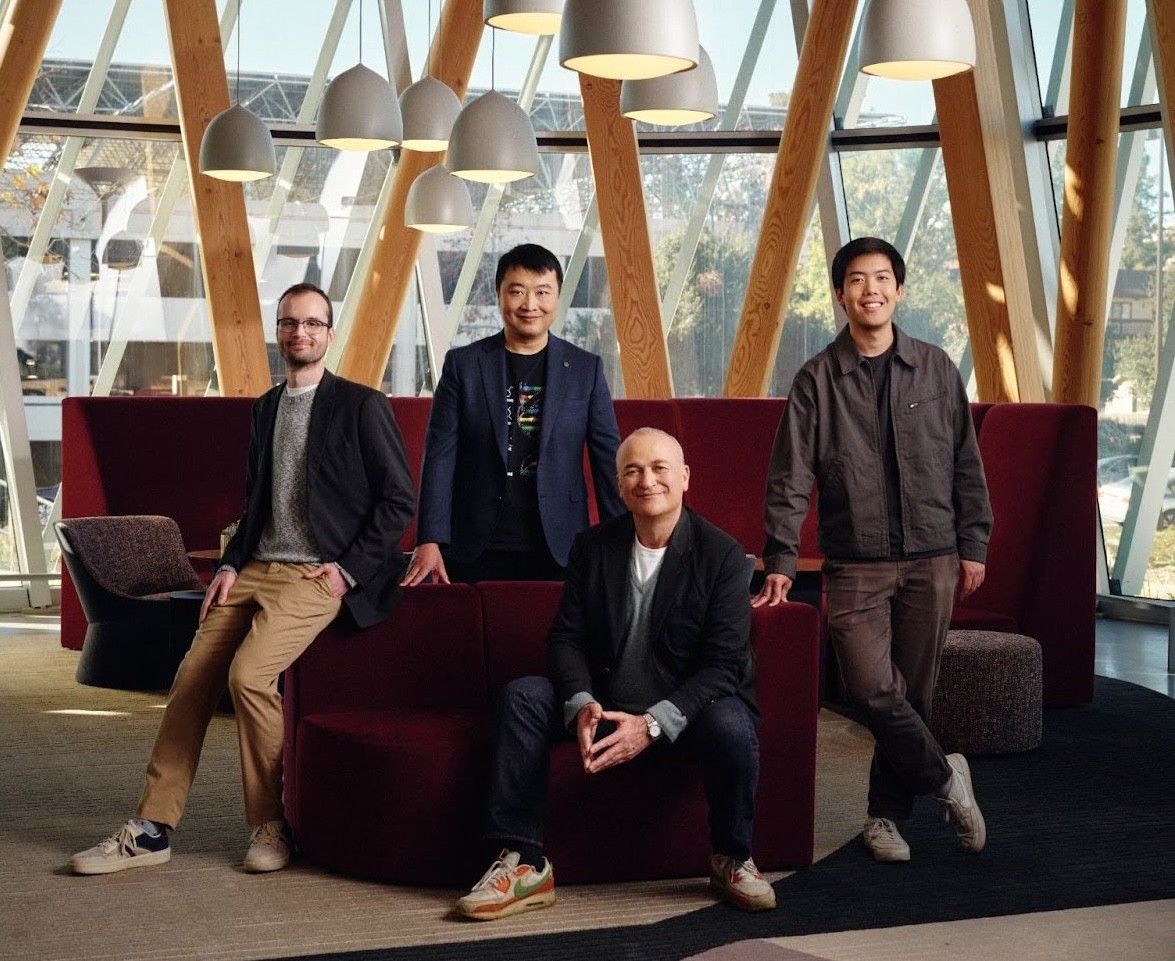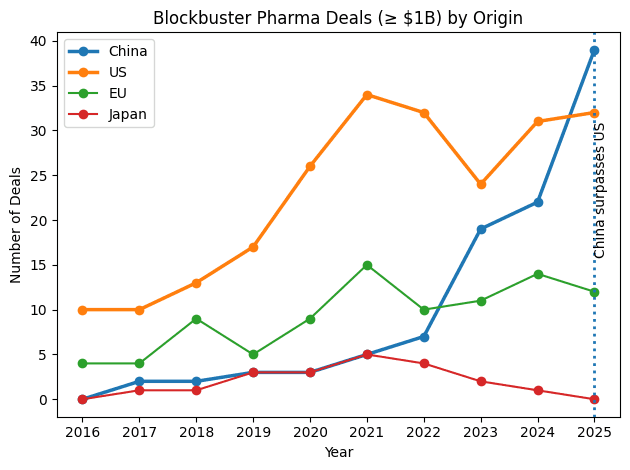Ai Digital Biology
DARPA's Switch Program Seeks to Advance Biomanufacturing for Defense Needs
DARPA has launched the Switch program to develop agile, reprogrammable biomanufacturing systems that offer supply chain resilience and adaptability to meet diverse DoD needs.
Dr. Michael Koeris joined DARPA as the director of the Biological Technologies Office in April 2024. In this photo, he is at SynBioBeta’s first event in 2012.
The U.S. Department of Defense (DoD) relies heavily on petrochemicals—carbon-containing molecules derived from petroleum—for various essential operations, including food, pharmaceuticals, and textiles. However, the growing dependence on vulnerable foreign supply chains and the inflexibility of current manufacturing practices pose significant challenges. To address these issues, the Defense Advanced Research Projects Agency (DARPA) has launched the Switch program to develop agile, reprogrammable biomanufacturing systems that offer supply chain resilience and adaptability to meet diverse DoD needs.
Traditional biomanufacturing technologies, while capable of producing organic commodities similar to petrochemicals, are typically optimized for yield rather than flexibility, often focusing on a single commodity. The Switch program, spearheaded by DARPA, intends to overcome these limitations by introducing run-time reprogrammable platforms that provide unprecedented stability and the ability to switch between different products and feedstocks as needed.
"The Switch program aims to bring programmability and long-term stability to the biomanufacturing process to enable timely, switchable product development," explained Dr. Matthew Pava, Switch program manager. "By engineering run-time reprogrammable platforms, Switch aims to enable new concepts of operation for biomanufacturing that provide novel capabilities for national security."
The 36-month program has several specific objectives:
Enable Opportunistic Consumption: Develop the ability to switch between different feedstocks as they become available.
Need-Driven Manufacturing: Toggle between the production of different products based on immediate requirements.
Co-Opted Capacity: Temporarily and reversibly adapt existing biomanufacturing platforms to new tasks.
Provide Continuous Production: Ensure long-term stability and continuous output from biomanufacturing systems.
“If successful, Switch will result in a suite of tools and approaches to engineer run-time reprogrammable microorganisms that support various possible manufacturing processes, optimizing economic resilience and facilitating crisis response,” added Dr. Pava.
The Switch program is set to transform biomanufacturing by providing the DoD with flexible, resilient, and adaptive production capabilities. This initiative is expected to enhance national security by ensuring a reliable supply of essential commodities, irrespective of geopolitical instabilities affecting petrochemical supply chains.
Details about the program and instructions for submitting proposals are available at https://sam.gov/opp/e03b50a1ea6942ce8516260086dc497e/view




















